
By acting as the interface between plant science and nonwoven technology, we aim to deliver to our customers economic gains and superior genetic results by committing to continually improve our products through investing heavily in R&D.
Our innovative new ideas are evidence based and thoroughly tested. An increasing body of published research, conducted over six continents, demonstrates the efficacy of our products, in pollen control and cost effectiveness through higher seed count, lower contamination and reduced risk. We have carried out collaborative research projects with renowned institutions including Embrapa, NCSU, NIAB, Oklahoma State University and Australian National University and we regularly publish Research updates to highlight some of the key findings.
Our Research Team is led by our Technical Manager, Dr Daljit S. Virk (OBE). His career has spanned more than 45 years as a geneticist and plant breeder, University Professor, Senior Research Fellow and International Projects Coordinator. He has worked extensively in South Asia, various African countries, and in the UK at Bangor University on Internationally Funded projects on crops such as millet, maize, sorghum, rice, wheat and pulses. He earned his PhD and Doctor of Science degrees from Birmingham University, UK.
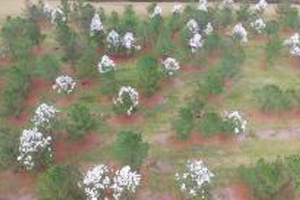
Jun 18th 2018
for Mass Production of Controlled Cross Seeds in Loblolly Pine.
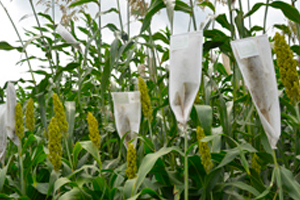
Feb 18th 2018
This study reports the results of a follow up study from that of Schaffert et al.
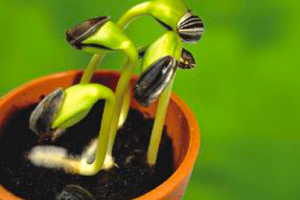
Apr 10th 2017
The major objective of this study was to test novel nonwoven synthetic fabrics as replacement for paper bags.
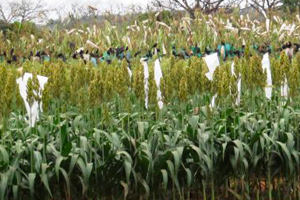
Jul 9th 2016
PBS pollination bags have been used in a study comparing pollination control bag types for Sorghum seed harvest.
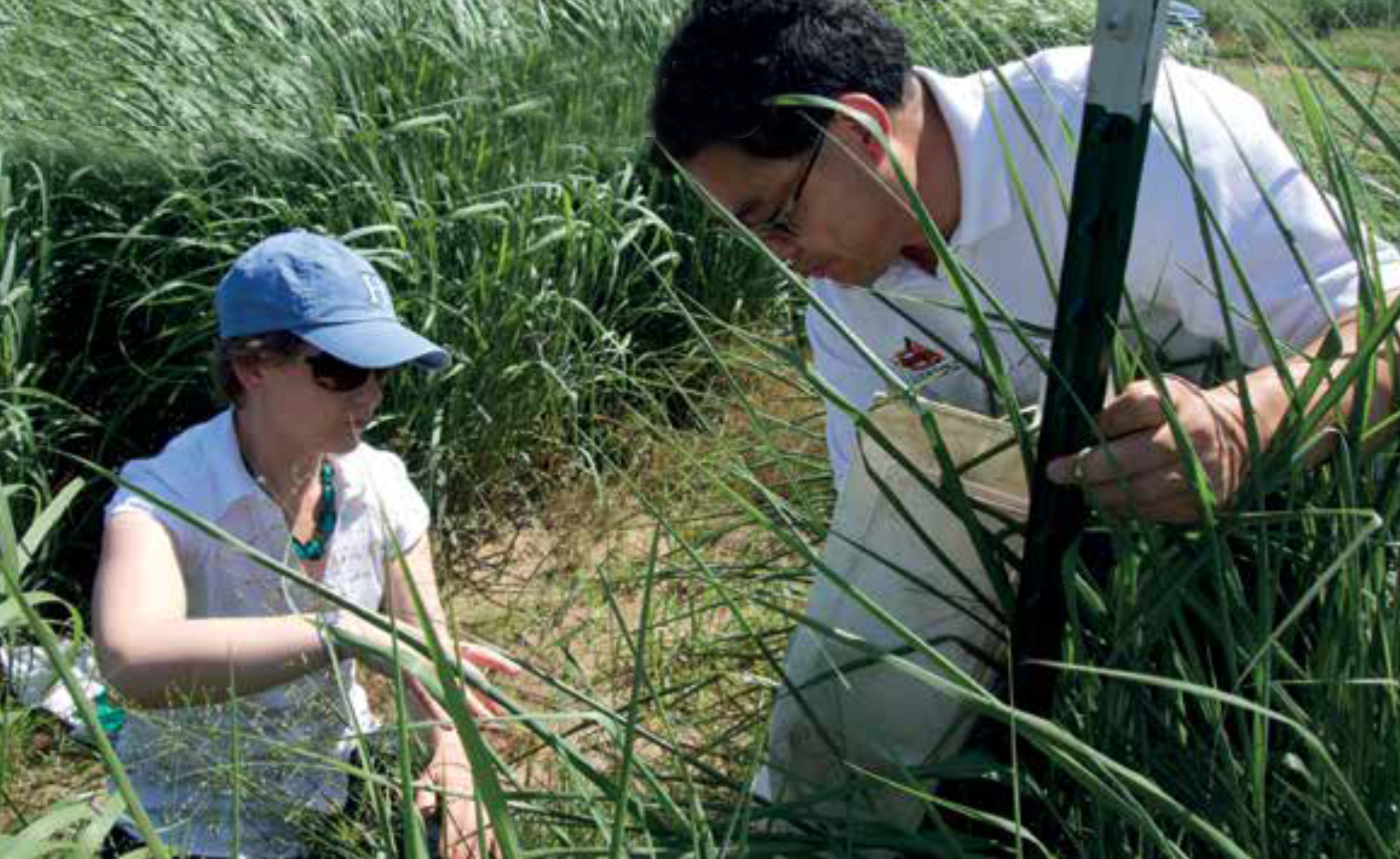
Jun 17th 2016
Welcome to the third PBS International Research Update. In this edition we look particularly into the use of our pollination bags and tents in bioenergy crops, and follow-up on research highlighted last time.
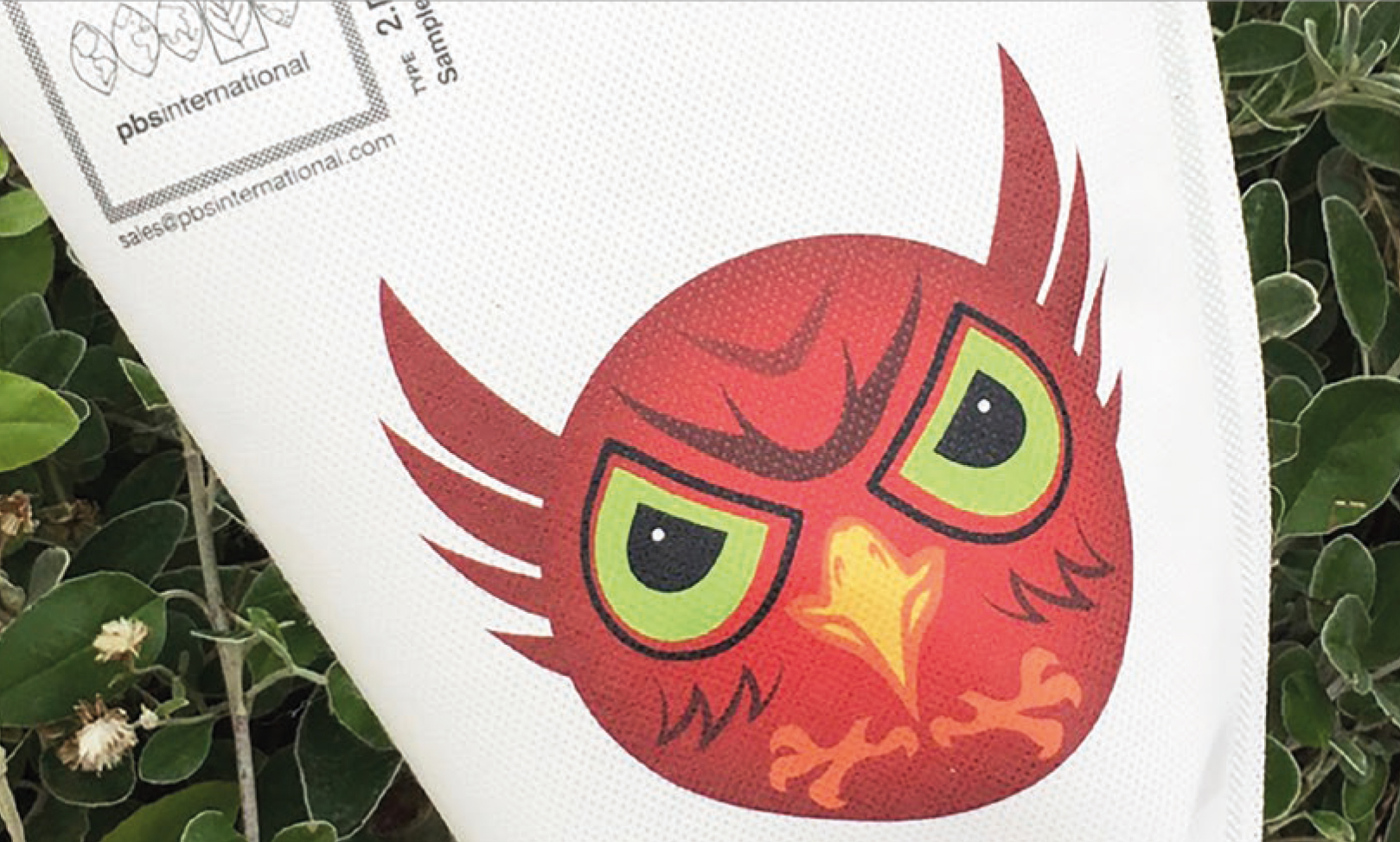
May 23rd 2016
Sorghum special This update is primarily about sorghum and tackling the major issues faced by sorghum breeders.
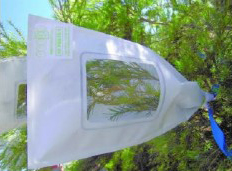
Oct 22nd 2014
PBS pollination bags have been used in a study into Melalecua alternifoila better known as the Narrow-leaved tea-tree, the source of tea-tree oil.
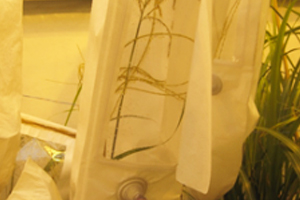
Oct 10th 2014
Comparing pollination bag types and the effect of environmental conditions on seed set in miscanthus crosses.
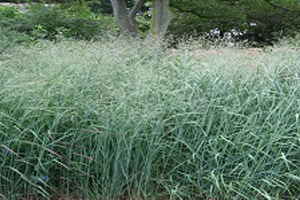
Oct 8th 2014
Recently an independent study was carried out by Oklahoma State University